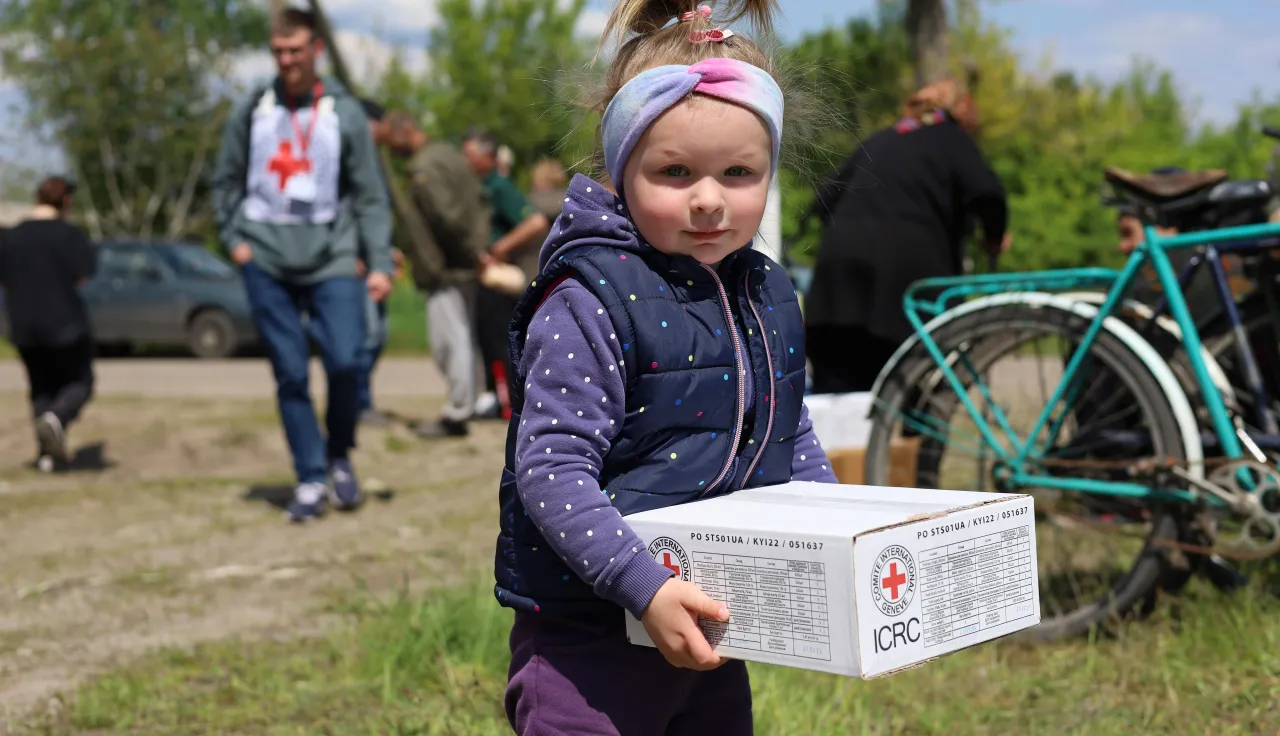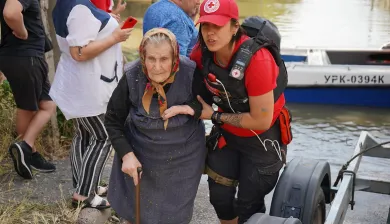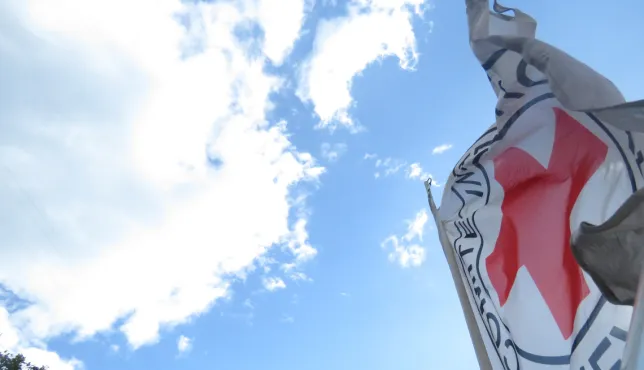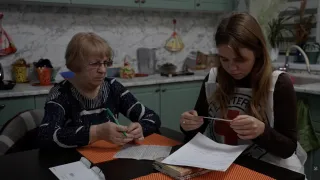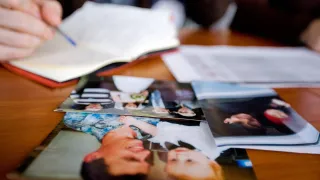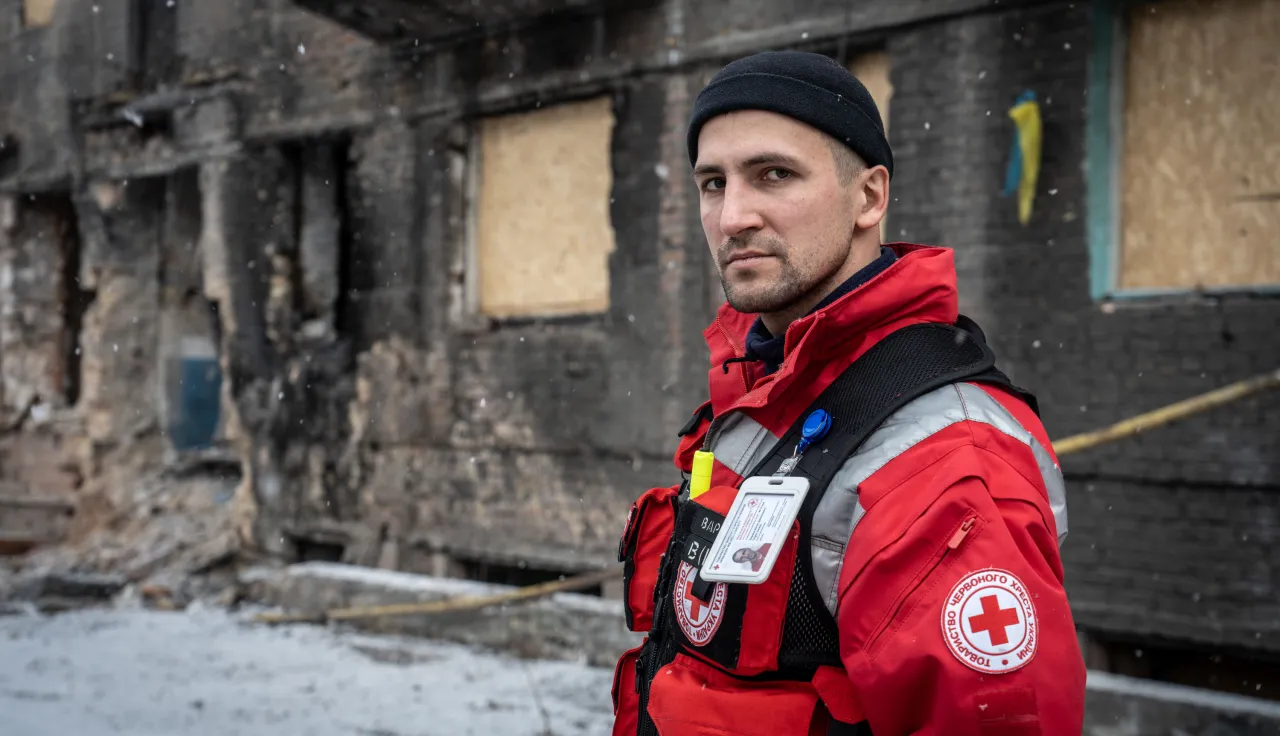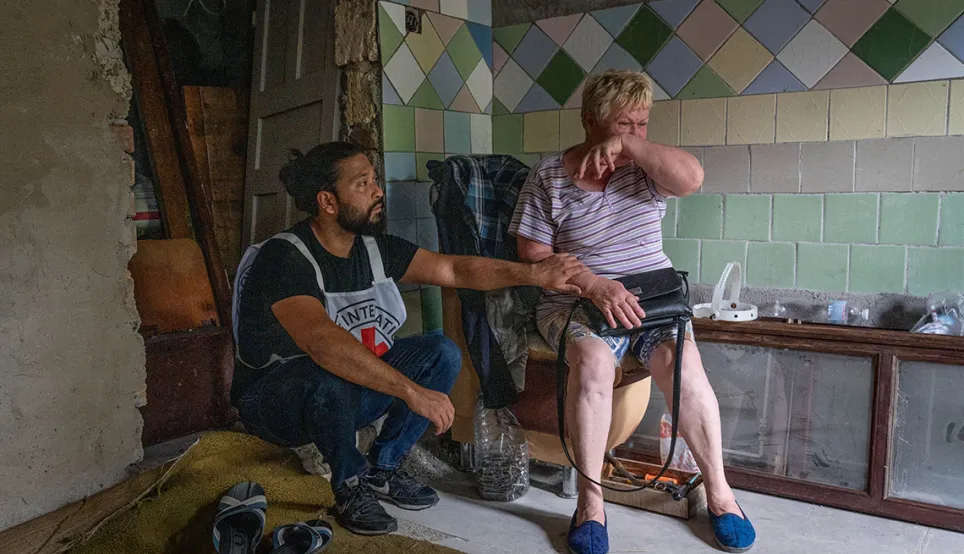Our work in Ukraine
The ICRC been working in Ukraine since 2014. To meet people’s growing needs following the escalation of the conflict in 2022, we have scaled up our work across the country, particularly in areas directly affected by the hostilities.
Our staff work in areas controlled by Ukrainian authorities as well as under Russian control. We work from seven sites - Lviv, Kyiv, Kharkiv, Dnipro, Odesa, Luhansk and Donetsk - alongside our partners in the International Red Cross and Red Crescent Movement, to save lives and alleviate the suffering of civilians.
We also have teams in Russia, Hungary, Moldova, Poland and Romania to support our response for all those affected by the conflict, whoever and wherever they are. To do this, we also coordinate with our partners from the International Red Cross and Red Crescent Movement.
We help people by providing emergency assistance such as food, water and other essential items. We support hospitals and primary health-care facilities with medical equipment and emergency preparedness measures. We repair water stations and work with households to rebuild their damaged homes. We also help families separated by the armed conflict to reconnect with their loved ones.

